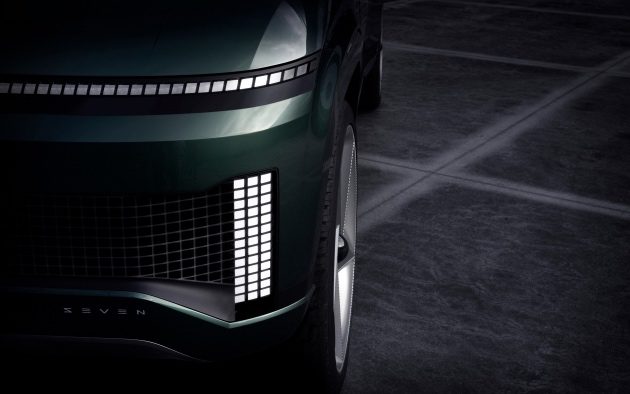South Korean auto manufacturer Hyundai has provided teaser images of its new electric SUV concept, Seven, which it plans to fully unveil at the AutoMobility LA car show later this month.
As with all such teasers, Hyundai was stingy on the details of its “sleek and spacious” Seven (which it stylises as SEVEN), offering only five images that, with the exception of the above photo, seem to hint more at a stylish office waiting room than a possible SUV.
The new SUV concept “captures Hyundai Motor’s future design and technology innovation in the electric mobility era” while pointing to a new SUV model the company is planning to bring to the company’s dedicated battery EV brand, the Ioniq family.
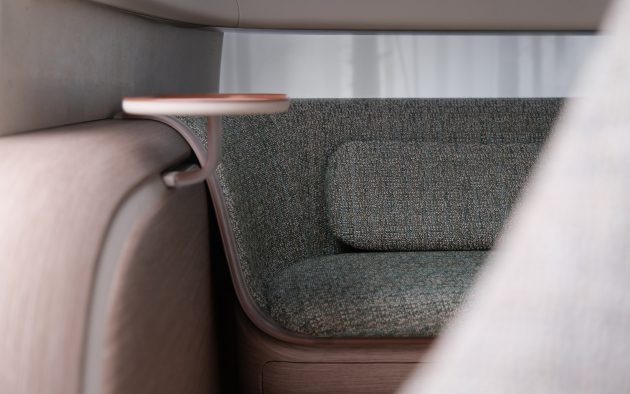
Beyond the teasing images accompanying Hyundai’s sneak peek was a barrelful of advertising hyperbole, to wit: “A form following function design that dares to diverge from traditions of the internal combustion engine era.”
And, the “lighting architecture” of the Seven SUV concept “is defined by Parametric Pixels, Ioniq’s unique design identity connecting analog with digital emotions.”
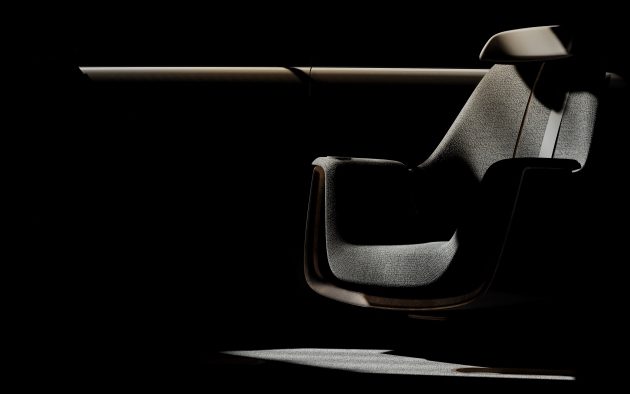
“Seven’s interior suggests a premium and personalised lounge ambience, deepening the space innovation that Hyundai Motor has shown with IONIQ 5,” the company hyperbole’d on.
“Furnishings trimmed in sustainable materials offer a refined, eco-friendly mobility experience that reflects the changing lifestyles of its customers.”
Hyundai will host a press conference during the AutoMobility LA show on November 17 during which it will fully unveil the “Seven” – though whether or not Hyundai will also give any further details on the suggested Ioniq SUV is unclear.
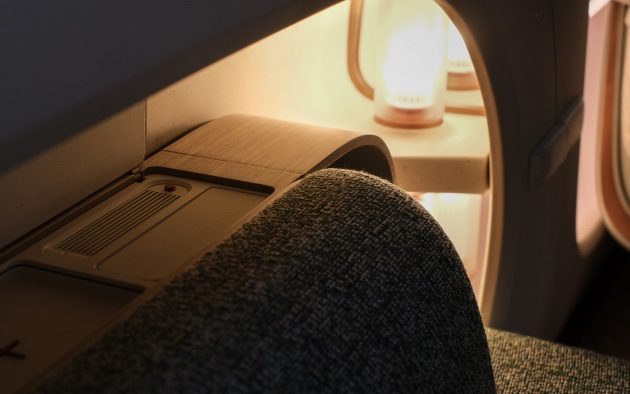
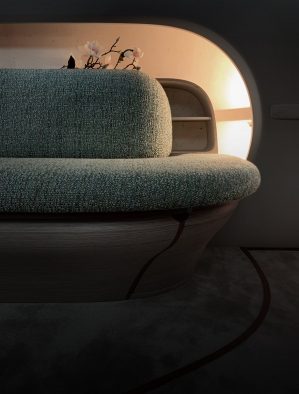
An Ioniq SUV will be good news, however, for the already successful Ioniq family, which only this week saw the Ioniq 5 full-electric midsize compact SUV win the German Car of the Year award in the “New Energy” category.
The Ioniq 5, Hyundai’s first-ever dedicated battery electric model, was recently released in Australia, and the initial offering sold out within hours of opening to online orders.
Two models are already available for order in Australia – both boasting a 72.6kWh battery and one a rear-wheel drive priced at $71,900 and an all-wheel drive at $75,900, before on road costs.
A lower cost version with a smaller battery (58kWh), and lower range, and a basic trim could be brought to Australia in 2022.
Joshua S. Hill is a Melbourne-based journalist who has been writing about climate change, clean technology, and electric vehicles for over 15 years. He has been reporting on electric vehicles and clean technologies for Renew Economy and The Driven since 2012. His preferred mode of transport is his feet.

